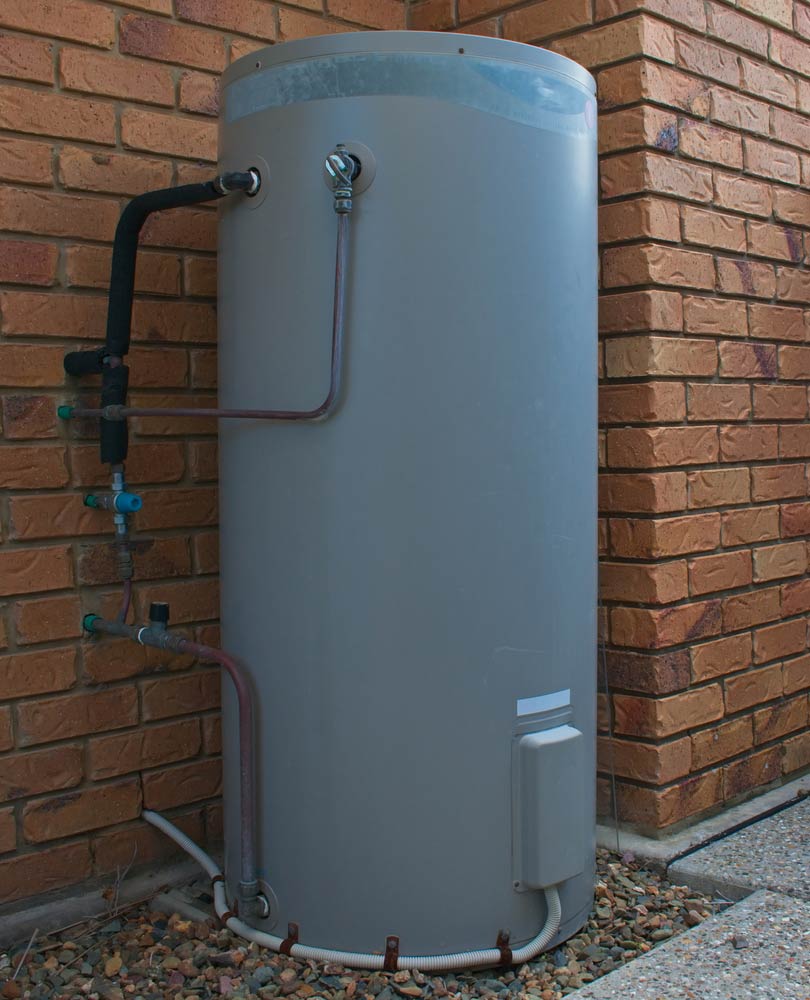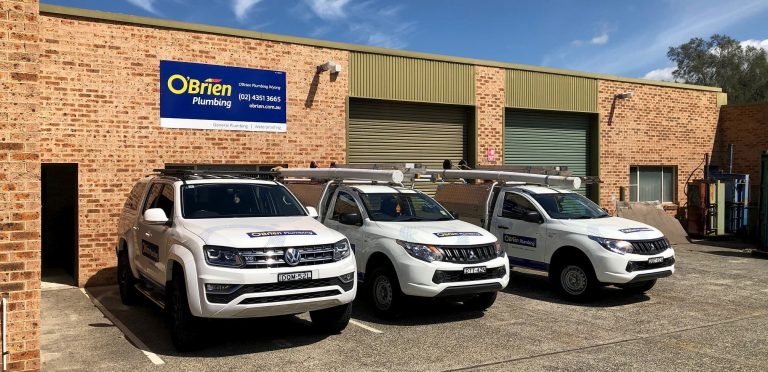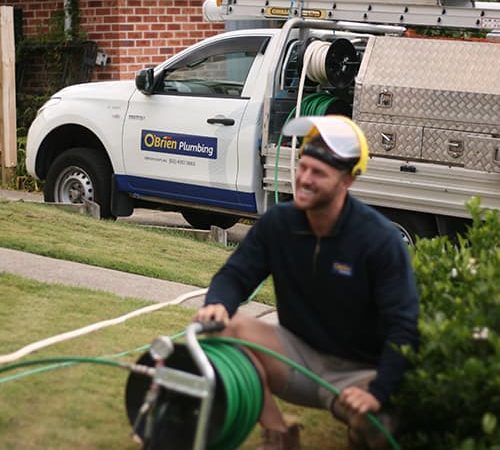Perhaps you’re encountering problems with your hot water system, or maybe it’s not working at all. When you are faced with having to replace your system, it’s often an urgent matter leaving little time for careful consideration.
By taking a little extra time, you can take these simple and effective steps to choose the right hot water system that’s your best long-term option for your Central Coast home.
1. Determine what your water usage needs are
There are several things to consider, beginning with the size of your home and the number of people living there. A large home with five or six residents and two or three bathrooms have very different needs than an apartment with just one or two people.
Are you looking for the most eco-friendly or the most cost-effective system, or a combination of the two? Determining all of these factors will help guide you to the best hot water system for your needs.
2. Look at the benefits of different types of hot water systems
The three main types are electric, gas, and solar. Each has its pros and cons, and looking into these can provide the best advice to find the one that’s most ideal for your needs.
Electric
Electric hot water systems are reliable and easy to install, they can heat in off-peak times and generally have lower upfront costs and purchase prices. However, the cost of electricity means they can be more expensive to run in the long term than other options.
Gas
Gas hot water systems have quicker reheating recovery times and lower greenhouse gas emissions. Dependent on your area, they usually have lower usage rates when compared with electricity.
Installation costs are even lower if your house already has gas fitting installed.
Solar
More expensive to purchase and install. However, on the plus side solar hot water systems can equate to lower running costs over time and is often eligible for rebate schemes and Government incentives.
It’s the most environmentally friendly option but can be less reliable depending on the weather. The location of your property and the angle of the solar panels is vital in getting the best result.
3. Consider the difference between storage tank and continuous flow systems
Most hot water systems, whether electric, gas or solar, use insulated tanks, with stainless steel lasting longer and requiring less maintenance than mild-steel units. Continuous flow systems do not require storage, making them efficient to run, as they heat the water as needed, as it runs through the pipes.
4. What size does your hot water system need to be?
You can decide the size that works best by gauging your household’s water usage, taking into consideration the volume of water a system stores and the amount it delivers. On average, 55-60 litres per person is needed for electric systems and 30-40 litres per person for gas storage systems.
Making the right choice for your hot water system can seem overwhelming at first. Considering these questionbs in making your decision can lead to a consistent hot water supply in the long termwhile also while boosting your energy efficiency.
At O'Brien Plumbing Wyong, we can offer you expert advice when considering the best hot water system on the Central Coast for your needs. So contact us today to organise a consultation and get your new system installed as soon as possible.




